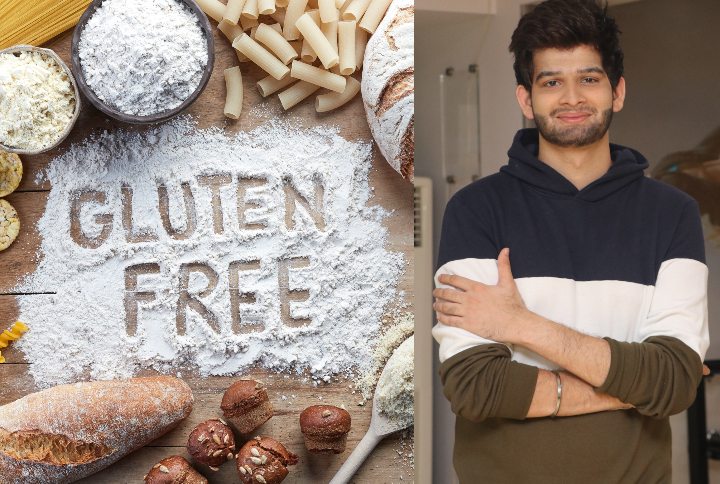
It has not been long that the gluten-free diet became recognisable among the general public. In the present times, where people have started taking charge of their health, the gluten-free lifestyle is all the rage! Many health fanatics tend to stay with the belief that following a gluten-free diet is a quick way towards achieving weight loss. This form of diet is currently prevalent to be the sole treatment for patients suffering from celiac disease. That’s due to the lack of pills or therapies available, the only way to manage celiac disease is through following a strict, 100% gluten-free diet.
We spoke to Dr. Siddhant Bhargava, a Fitness and Nutrutional Scientist and the Co-Founder of Food Darzee to help us understand everything about the gluten-free diet, what it is, the advantages and disadvantages of it, what to eat and what not to eat when following a gluten-free diet and lots more. Scroll down to read everything he had to say about it!
So What Exactly Is Gluten?
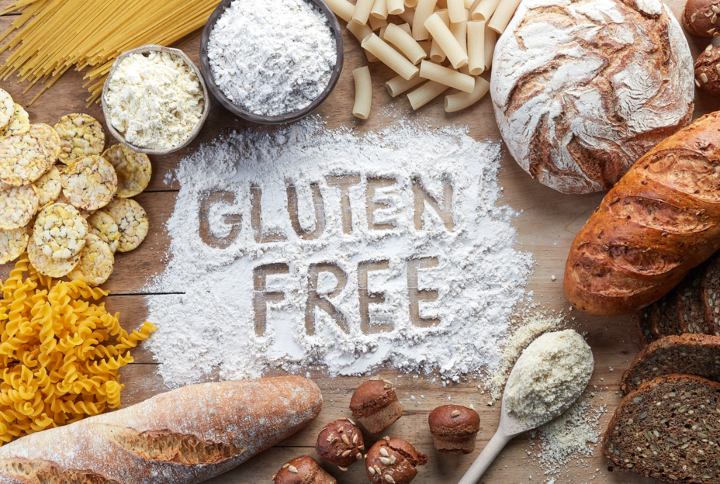
It is a family of proteins present in edibles like wheat, barley, rye, and the by-products of these grains, comprising of malt and brewer’s yeast. Products ranging from packaged potato chips to medications can encompass gluten. A gluten-free diet tends to eliminate all products that contain these ingredients. Those who choose to live free of gluten can still enjoy a wholesome diet filled with fruits, vegetables, beans, legumes, meats, poultry, fish, and most dairy products. Such components are naturally gluten-free and harmless to individuals who do not have allergies to these particular food groups.
For most people, consuming gluten-rich foods does not pose any problem. In fact, edibles like whole wheat, rye, and barley help in enhancing plenty of vital nutrients in the body. But some people feel uncomfortable after consuming gluten-rich foods. The most severe reaction is called celiac disease, which is an autoimmune disorder.
More About The Celiac Disease
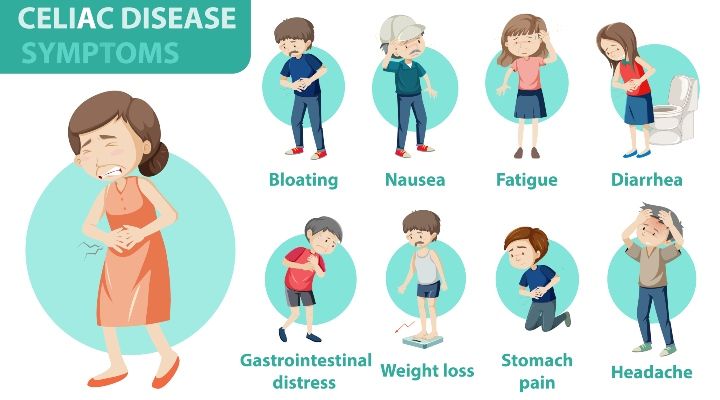
For people dealing with this ailment, even a microscopic amount of gluten—as less as 20 parts per million, can activate a reaction and avert the body from absorbing nutrients. An intake of gluten in these people attacks their immune system and impairs the lining of their small intestine. This malabsorption may trigger gastrointestinal symptoms like cramps, bloating, and gas. Unfortunately, about half of all people with celiac disease may not show these signs. Without an absence of any indication to let them comprehend they have unintentionally consumed gluten, they have to be even more careful with their dietary choices. If celiac disease is left unattended, these people may suffer from grave health issues ranging from anemia and osteoporosis to cancer and even infertility!
Health Benefits Of Going-Off Gluten
Consuming a diet that is free of gluten has many advantages, particularly for someone with celiac disease. Below are some of those advantages!
1. Helps To Relieve Digestive Symptoms
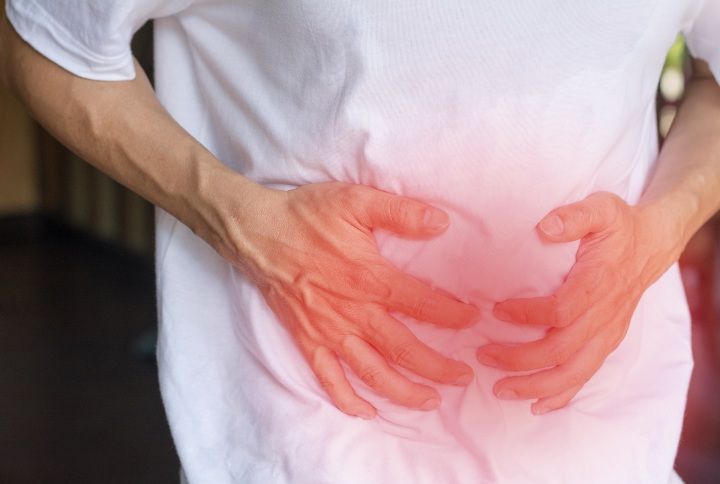
Most people opt for a gluten-free diet to get rid of digestive problems like abdominal bloating, constipation, flatulence, and diarrhoea. It has been researched that embracing a gluten-free diet can facilitate easing digestive symptoms even in people with non-celiac gluten sensitivity.
2. Can Lessen Bouts Of Chronic Inflammation In Those Suffering From Celiac Disease
It has been indicated that going off gluten can decrease markers of swelling like antibody levels. It can also facilitate in treating gut injury caused by gluten-related inflammation in those suffering from the ailment.
3. Can Prove To Be An Energy Booster
People with celiac disease often complain about feeling fatigued and sluggish. This may be a result of the nutrient deficiencies that damage the gut. In such a case, switching over to this form of diet will lift your energy levels and avert you from feeling tired.
4. Can Lead To Weight Loss

It’s not uncommon to lose some extra pounds when you are on a gluten0free diet. This is because it eradicates many high-calories junk foods from your diet. It substitutes these edibles with fruit, veggies, and lean proteins. However, one must avoid eating processed gluten-free foods that can speedily add a lot of calories to your diet.
The Downside Of A Gluten-Free Diet
In spite of having numerous health benefits, a gluten-free diet can have some downsides too and constipation is one of them. It is the most common side-effect associated with a gluten-free diet. These edibles eliminate many fibre-rich sources like bread, bran, and other wheat-based produce. This can disturb a healthy bowel movement from happening, thus making one constipated. One must consume broccoli, beans, lentils, brussels sprouts to reduce constipation.
What To Eat & What Not To Eat On A Gluten-Free Diet
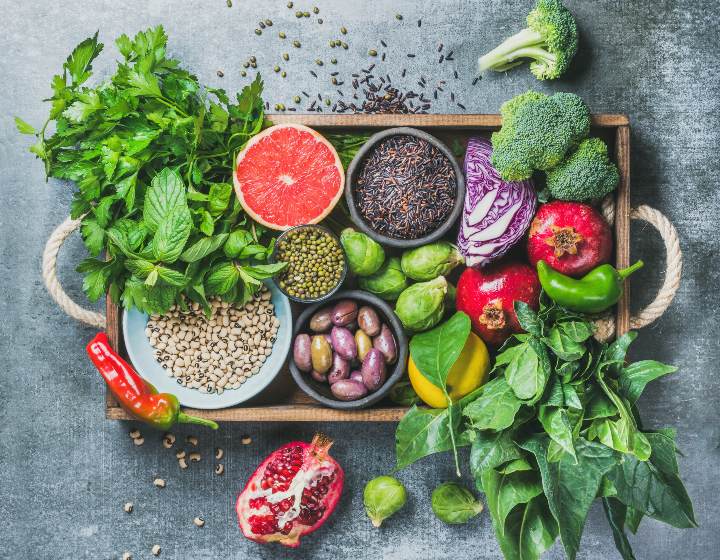
There are a variety of starch, grain, and flour substitutes that naturally do not comprise gluten and thus can be consumed by those on a gluten-free diet. These alternatives include amaranth flour, corn starch, buckwheat, brown and white rice, almond flour, millets, corn, soy flour, quinoa, sorghum, and coconut flour to name a few.
Processed foods often contain gluten, hence it is important to read labels of processed edibles before buying or consuming them. Foods like bread, bulgur wheat, beer, candies, cereals, cookies, fries, bread croutons, pasta, and salad dressings are a big no when you are on a gluten-free diet.
People can make a range of gluten-free meals by swapping wheat, cereal, and pasta with gluten-free alternatives. A significant aspect to bear in mind is that when you are eliminating sources of gluten from your diet, it is essential that you must get sufficient nutrients from other dietary sources. This will help boost a person’s physical and emotional well-being!
Hope the above information helps you understand more about the gluten-free diet!
And don’t forget to follow @missmalinilifestyle for more such content.

